-
Why buy Organic Seeds?
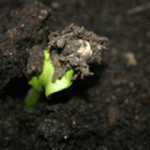
First sign of life…Organic Seed on Day 1
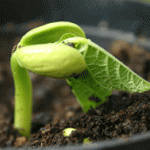
And open up…Organic Seed on Day 3
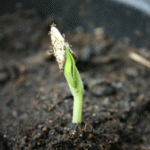
Head for the light…Organic Seed on Day 2
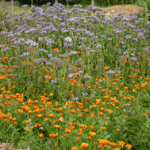
Phacelia and Calendula
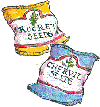
Organic seeds carry the hope and genetic coding for a biologically diverse future. Our organic seeds are open pollinated (non-hybrid) which means they can be saved ,swapped and replanted.
To find out more about the importance of open pollinated seeds versus Hybrids we recommend www.open-pollinated-seeds.org.ukBy using organic seeds, we eliminate dependence on multi-national seed and chemical companies. Planting and collecting open pollinated organic seeds provide a local organic seed source. There may well be a local seed collecting and swapping group near you. Visit www.sussexcommunityseedbank.com for details on saving your own seeds.
Together with a healthy soil, water, pollinators, and the people who plant and tend organic seeds are important for the future and health of our planet.
Lots of standard seeds are coated with herbicides which could be partly responsible for the decay of the bees as the herbicide is still present in the nectar!
At the moment, when natural habitats are being destroyed , with monocultures on the rise and species becoming extinct more rapidly than any other time in history, gardens and allotments play an essential role in preserving and restoring ecological diversity on our planet.
Sometimes there are too many seeds in one organic seed packet to be grown/eaten by one family so it might be a good idea to use the more quiet winter time to have a chat with your neighbours or fellow plot holder to share some of these organic seeds.
Keep a look out for local seed swaps and ‘Seedy Saturdays/Sundays’ in your area. Visit www.seedysunday.org for more information.
Please note that approved Biodynamic Seeds exceed all Organic Seed standards

